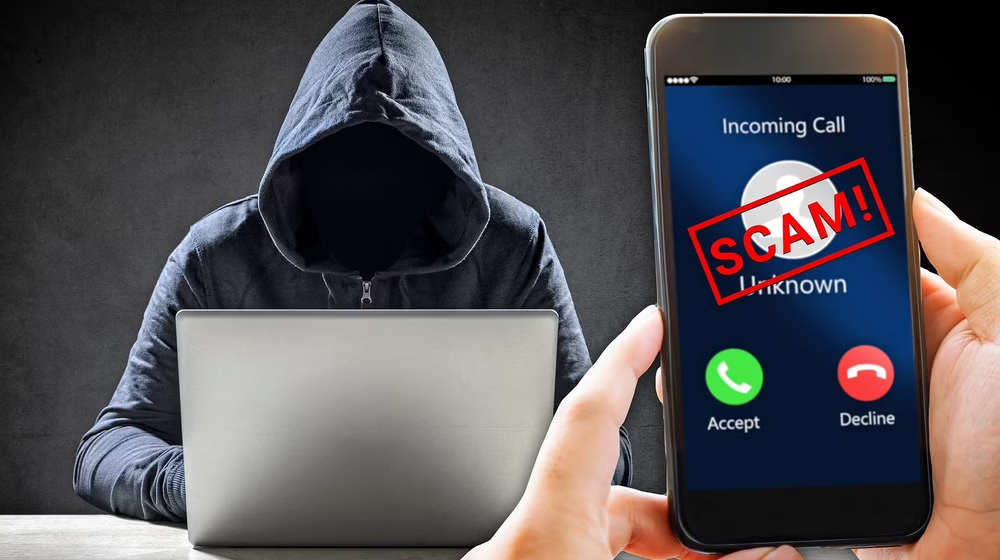In recent weeks, a disturbing trend has emerged in which scammers are impersonating officials from the Pakistan Telecommunication Authority (PTA) in order to steal personal and financial information from unsuspecting individuals.
These scams typically involve fraudulent phone calls that appear to be official PTA communications, causing panic and confusion among victims.
This article aims to educate the public about this growing issue, provide practical advice on how to protect yourself, and ensure that you do not fall victim to these deceptive tactics.
The Mechanics of the PTA Impersonation Scam
The scam usually begins with an automated phone call from a female voice that greets the recipient with the words, “Assalam-o-Alaikum, this is a call from PTA.” The caller goes on to state that this complaint has been verified and that immediate action is necessary.
The caller then directs the recipient to press a specific number, typically 9, on their phone’s keypad—an action that mimics the automated systems used by banks or official organizations, further convincing the target of the legitimacy of the call.
Once the victim presses 9, the scammers proceed to ask for a range of personal information, including their identity card number and bank account details.
Both organizations are working tirelessly to combat fraudulent activities and will investigate such incidents to protect the public. Reporting the scam helps authorities track down the criminals behind these operations.
Recognizing the Signs of a Scam
It is important to remain vigilant and understand the tell-tale signs of a fraudulent PTA call. While these scammers have become more sophisticated, there are several key characteristics that can help individuals identify these calls as fraudulent.
Scammers often use high-pressure tactics, threatening immediate action such as blocking your SIM cards or suspending your phone services. The PTA will never ask for sensitive information such as your identity card number or bank account details over the phone.
Legitimate organizations, including the PTA, will not ask for personal details like your identity card number or bank account information during a phone call.
Automated calls that start with a generic greeting like “Assalam-o-Alaikum, this is a call from PTA” are a clear indication of a fraudulent scheme. Official organizations usually communicate through official channels rather than relying on automated calls to deliver urgent messages.
Immediate Actions to Take if You Receive a Fraudulent Call
Do not engage with the caller. Simply hang up the phone as soon as you recognize the signs of a scam. Scammers often try to manipulate their victims into staying on the line by using threats or urgency. By disconnecting the call, you prevent further exploitation.
Under no circumstances should you share any personal or financial details over the phone with unknown callers. This includes your identity card number, bank account details, or any other sensitive information.
This will allow you to confirm whether the call was legitimate or fraudulent. Never use contact information provided by the caller, as this may also be part of the scam.
- Report to PTA: The PTA has set up mechanisms for reporting fraudulent calls. Use their official reporting portal or contact their helpline for guidance.
- Report to FIA: The FIA’s Cyber Crime Wing is actively working to counter cybercrime, including phone scams. Filing a complaint with them will aid their efforts to investigate and catch the perpetrators.


